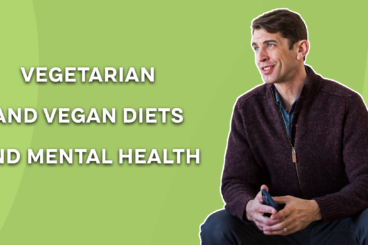Quercetin is a member of the flavonoid phytonutrient family. It is a powerful antioxidant and also possesses certain specific anti-inflammatory, anti-allergic, and antitoxic effects. This helps the brain by mitigating damage from harmful free radicals and toxins. Quercetin also modulates the genetic expression of specific enzymes, such as signaling pathways involving brain-derived-neurotrophic factor (BDNF), a chemical that promotes brain health. Low BDNF is associated with depression. Other beneficial effects of quercetin are improving cardiovascular health, reducing risk for cancer, and protecting against osteoporosis.
Quercetin is also one of my favorite arguments for supporting local, organic farming. A study from University of California David followed the levels of quercetin in tomatoes over ten years comparing conventional versus organic farming methods. The organic tomatoes had 80 percent more of this amazing phytonutrient!
Top Farmacy Sources: Onions, Buckwheat, Apples




Love your work! You name the the big players in the plant. Nature packages nutrients quite well.